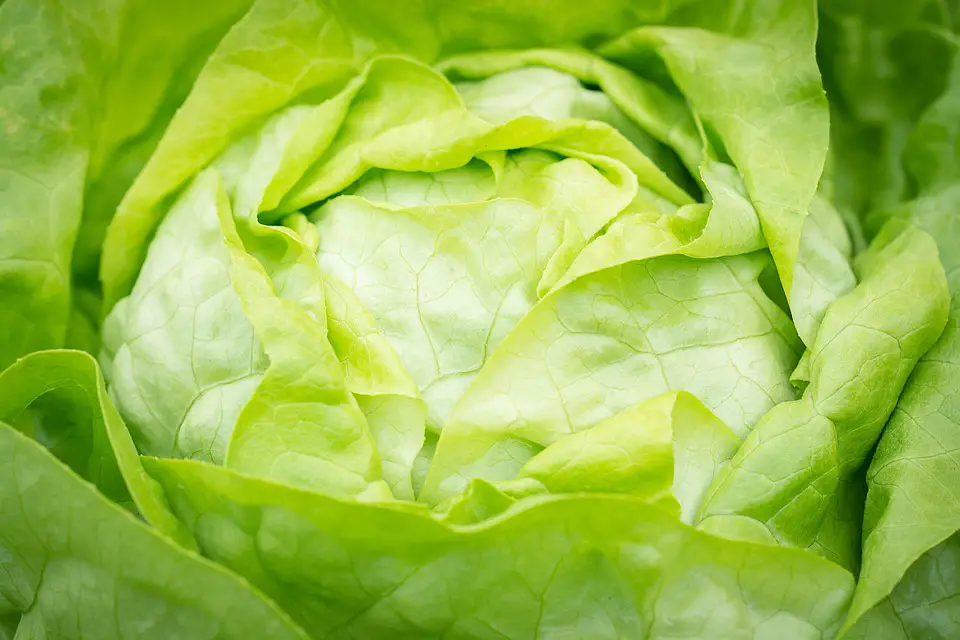Introduction
Are you tired of relying on grocery stores for your fresh produce? Do you dream of having a thriving garden no matter the season? Look no further than hydroponics. Hydroponics is a method of growing plants without soil, which allows you to cultivate your favorite vegetables and herbs year-round, even in the comfort of your own home.
The Benefits of Hydroponics
Hydroponics offers numerous benefits for home gardeners looking to grow their own food year-round. By eliminating the need for soil, hydroponics provides better control over nutrient levels, light exposure, and water availability. This precision and optimization result in faster growth rates, larger yields, and healthier plants.
Space Efficiency
One of the significant advantages of hydroponics is its space efficiency. Traditional gardening requires a considerable amount of land, but hydroponics allows plants to grow vertically rather than horizontally. This means you can grow more plants in a smaller area, making it ideal for urban gardeners or those with limited outdoor space.
Water Conservation
Hydroponics uses significantly less water compared to traditional gardening methods. The system recirculates water, reducing water waste and preventing nutrient runoff that can harm the environment. With the growing concern of water scarcity, hydroponics offers an environmentally friendly solution that conserves this precious resource.
No Seasonal Limitations
One of the most exciting aspects of hydroponics is its ability to bypass seasonal limitations. With traditional gardening, your planting and harvest schedules are restricted to specific seasons. However, hydroponics eliminates these limitations by providing a controlled environment with ideal conditions for growth throughout the year. You can enjoy fresh produce regardless of the weather outside.
FAQs Section
1. What plants can I grow using hydroponics?
Almost any plant can be grown using hydroponics. Leafy greens, herbs, tomatoes, cucumbers, peppers, and strawberries are popular choices for hydroponic cultivation. The key is to choose plants that thrive in your specific hydroponic system and provide them with the appropriate nutrient solution.
2. How much maintenance does hydroponics require?
Hydroponics requires regular monitoring and maintenance to ensure optimal growth. You will need to monitor the pH levels, nutrient concentrations, water levels, and lighting conditions. However, once you set up the system and establish a routine, it becomes easier to maintain. Some systems even have automated controls that help simplify the process.
3. Is hydroponic gardening expensive?
While the initial setup costs of hydroponics may be higher compared to traditional gardening, the long-term benefits outweigh the early investment. Hydroponics can save you money in the long run by reducing water usage, the need for pesticides, and the cost of buying produce from stores. Additionally, growing your own food offers a range of health and environmental benefits.
4. Can I use hydroponics indoors?
Absolutely! Hydroponics is an excellent choice for indoor gardening. By using artificial lighting and controlling environmental factors, you can create an optimal growing environment inside your home. Many people set up hydroponic systems in basements, spare rooms, or even countertops.
Conclusion
Hydroponics is a game-changer for home gardeners who desire fresh produce year-round. The benefits of hydroponics, including efficient space use, water conservation, and the elimination of seasonal limitations, make it an attractive option. With careful maintenance and the right plant selection, you can transform your home garden into a thriving, sustainable source of fresh food. Embrace hydroponics and enjoy the satisfaction of growing your own nutritious, delicious produce!





